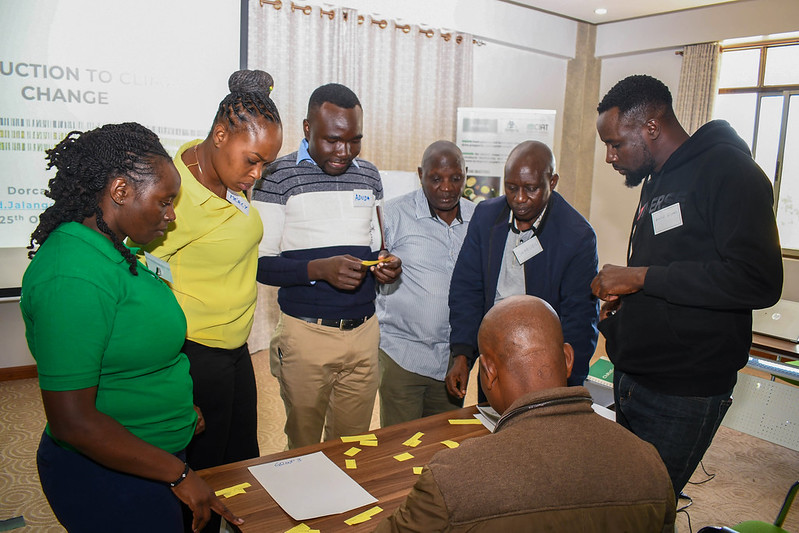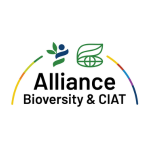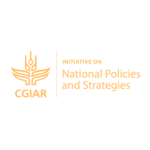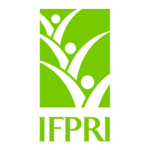A new tool will help governments customise food and agriculture policies based on country-level circumstances to increase their effectiveness at improving diets, adapting to changing climate and protecting natural resources.
The Political Economy and Policy Analysis (PEPA) Sourcebook is the first to compile dozens of frameworks and approaches for designing food and agriculture policies, such as reforming farm subsidies, water policies, food safety regulations and taxes.
The authors from the Alliance of Bioversity International and the International Center for Tropical Agriculture (CIAT) and the International Food Policy Research Institute (IFPRI) believe the guide fills a gap in understanding how national political climates and economy-wide drivers can influence the success or failure of specific policy and development programs.
Re-evaluating food and agriculture policies
It comes as the European Union reconsiders its flagship Farm to Fork Strategy, while governments across the Global South respond to the threat of rice and wheat shortages exacerbated by the war in Ukraine, including bans on rice exports and approvals of GM crops.
“Food and agriculture policies often focus on products or technologies, without paying enough attention to the broader political economy and social implications at the national level,” said Jonathan Mockshell, co-lead author and senior agricultural economist at Alliance Bioversity-CIAT.
“Coherent and effective policies must be tailored to meet national and societal needs. As governments grapple with the global food crisis, the PEPA Sourcebook provides a comprehensive resource that makes sense of the crowded field of approaches, frameworks and tools.”
Using the sourcebook
The PEPA Sourcebook, produced as part of the CGIAR Research Initiative on National Policies and Strategies (NPS), provides a six-step guide to help development practitioners, researchers, and policymakers answer critical questions, such as “what works, where, and how?” and “what are the drivers of reform policies?”
The process starts with identifying the policy problem, examining specific questions related to the policy area, and determining the relevant frameworks and analytical tools to apply, based on those included in the sourcebook. The fourth step is to gather data, focusing on why the problem persists, before compiling the insights to inform policy design and finally, packaging the evidence for policymakers.
The sourcebook features frameworks and tools that can be applied to the macro level to factor historical contexts and prevailing national conditions into food and agriculture policies.
It also includes meso-level analysis to guide the development of rules and incentives that underpin policies. And micro-level frameworks focused on the individual can help identify winners and losers of policy reforms to shape mitigation or safety net measures.
Potential for policymakers
“The solutions to tricky issues like food security and sustainable agriculture are currently hotly contested, resulting in divergent special interest coalitions and fragmented policies,” said Danielle Resnick, co-lead author and senior research fellow at IFPRI.
“The PEPA Sourcebook provides systematic guidance for answering questions related to food and nutrition, land and water, and climate and ecology to maximise the chance of effective policies.”
One of the frameworks included in the sourcebook is the Kaleidoscope Model (KM), developed by Resnick and colleagues by analysing policy processes related to food security in Zambia.
The framework was used to evaluate policy reforms related to agricultural input subsidies and vitamin A fortification. It uncovered key political and cultural insights, such as core beliefs underpinning subsidy programs about the effectiveness of market delivery systems and the government’s role in agricultural input supply, which later changed with the emergence of e-voucher technology. Similarly, beliefs and biases based on rumours hindered the vitamin A fortification of maize meal.
The PEPA Sourcebook was launched during a webinar for policymakers, researchers and practitioners on Tuesday, October 10.
Header image credit: ©2022 CIAT/Owen Kimani





